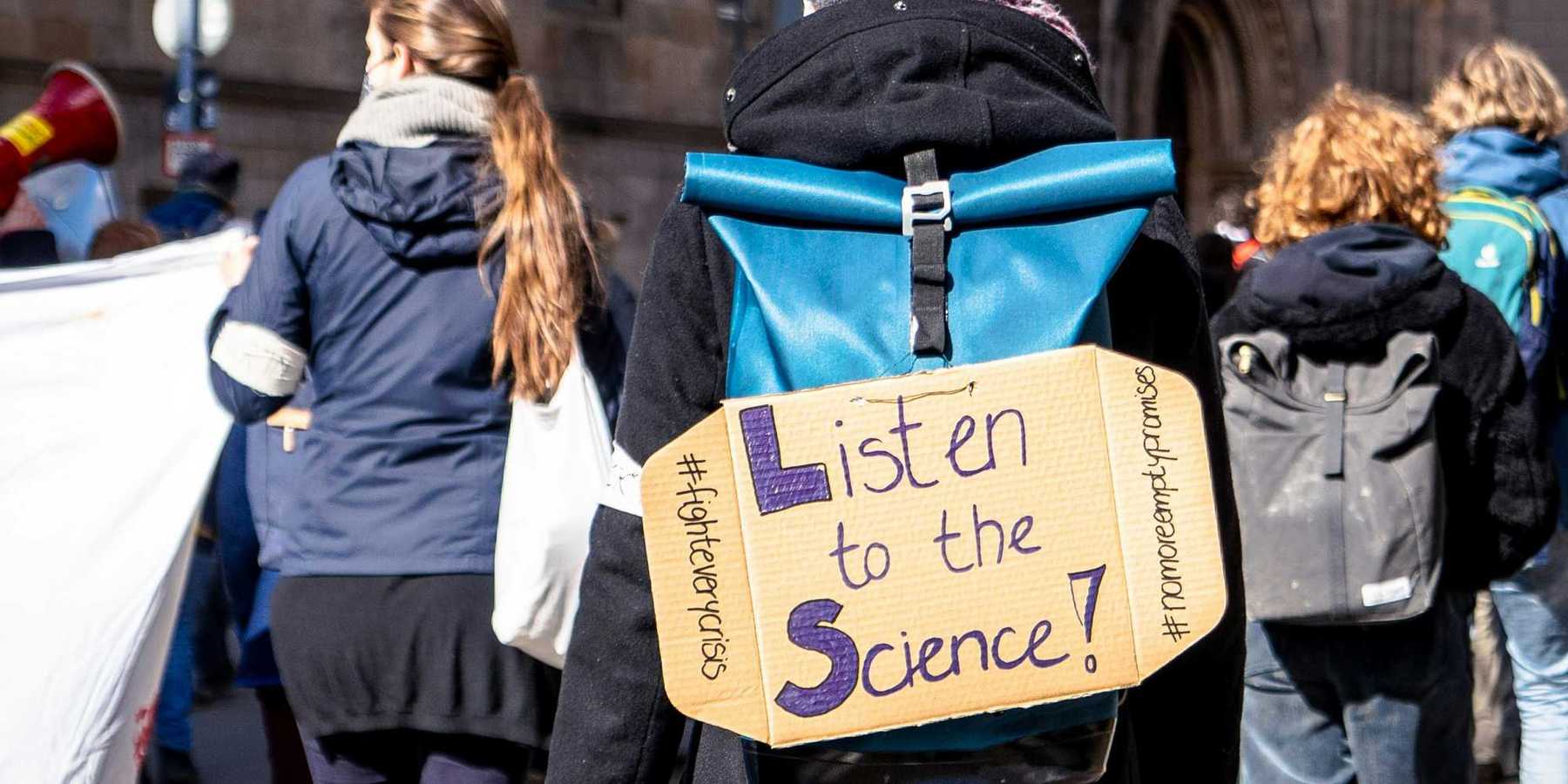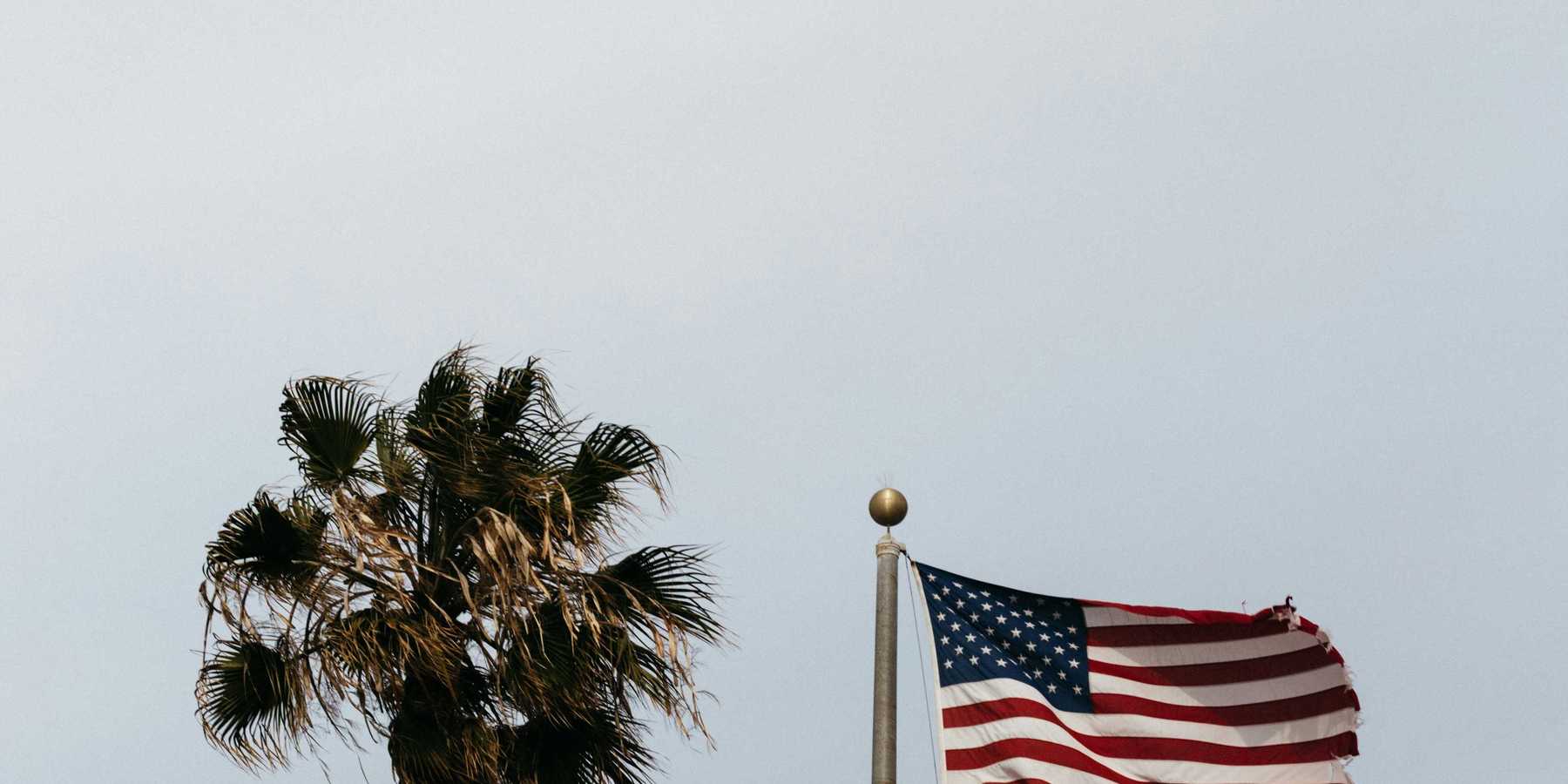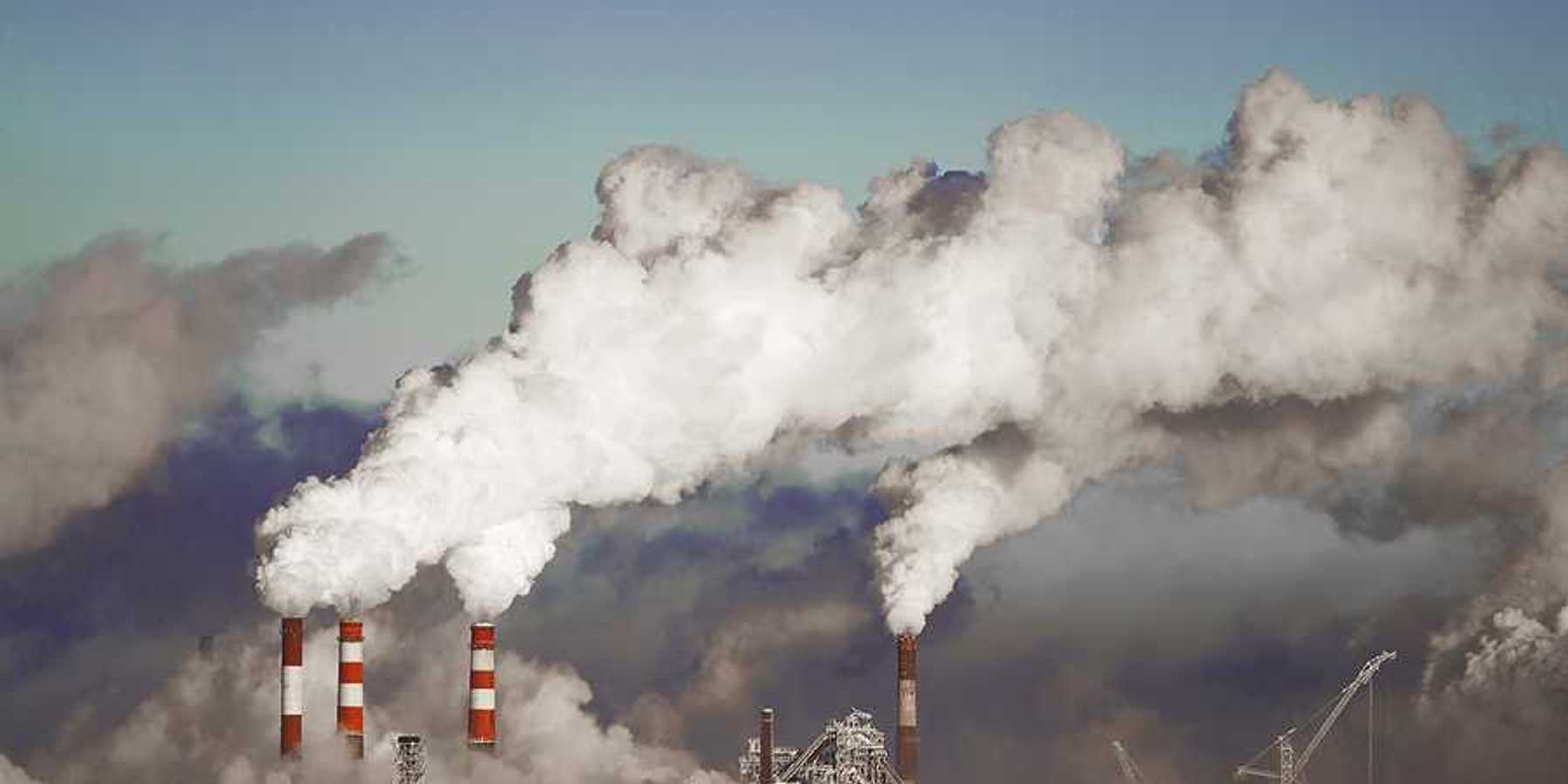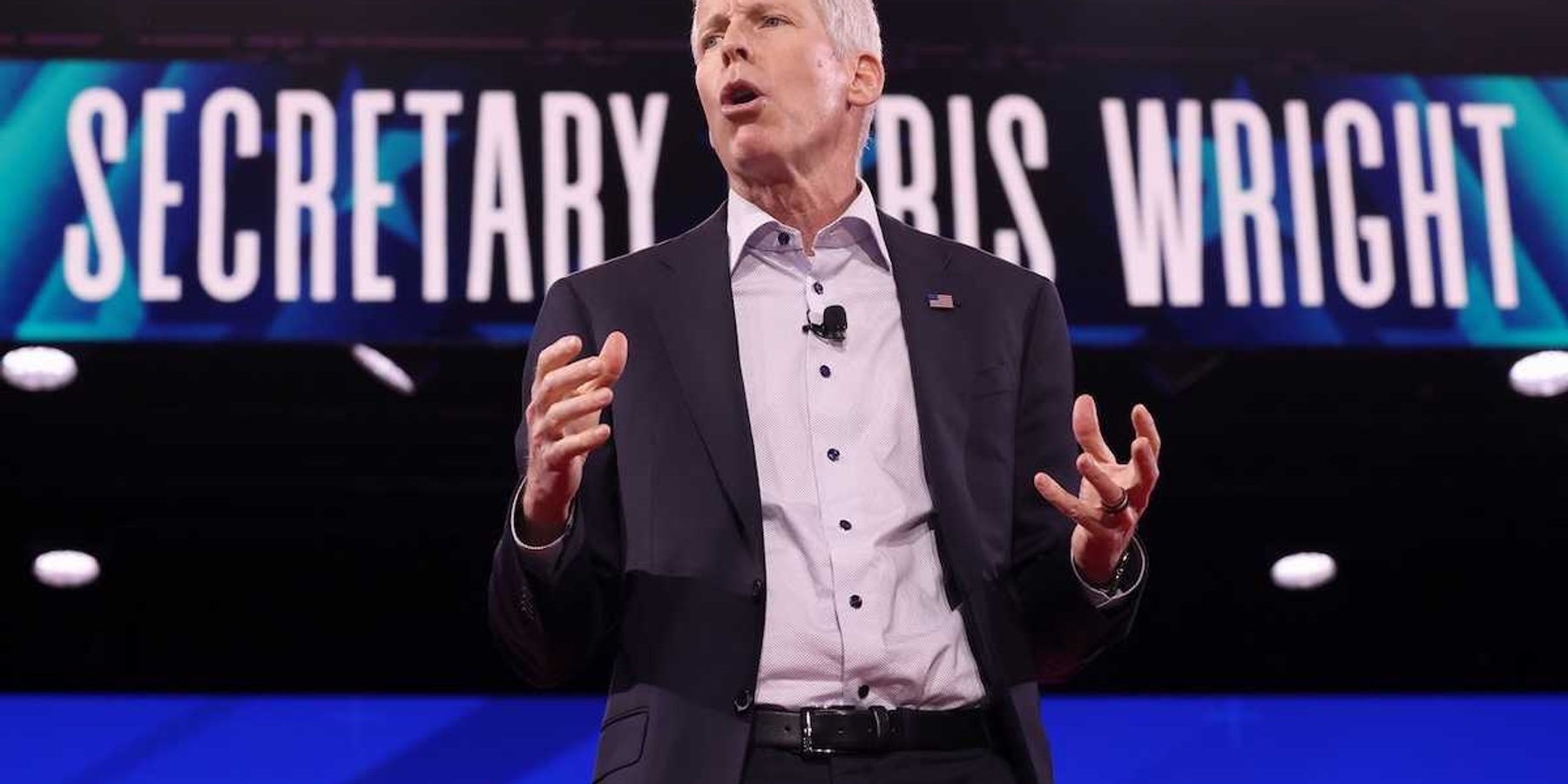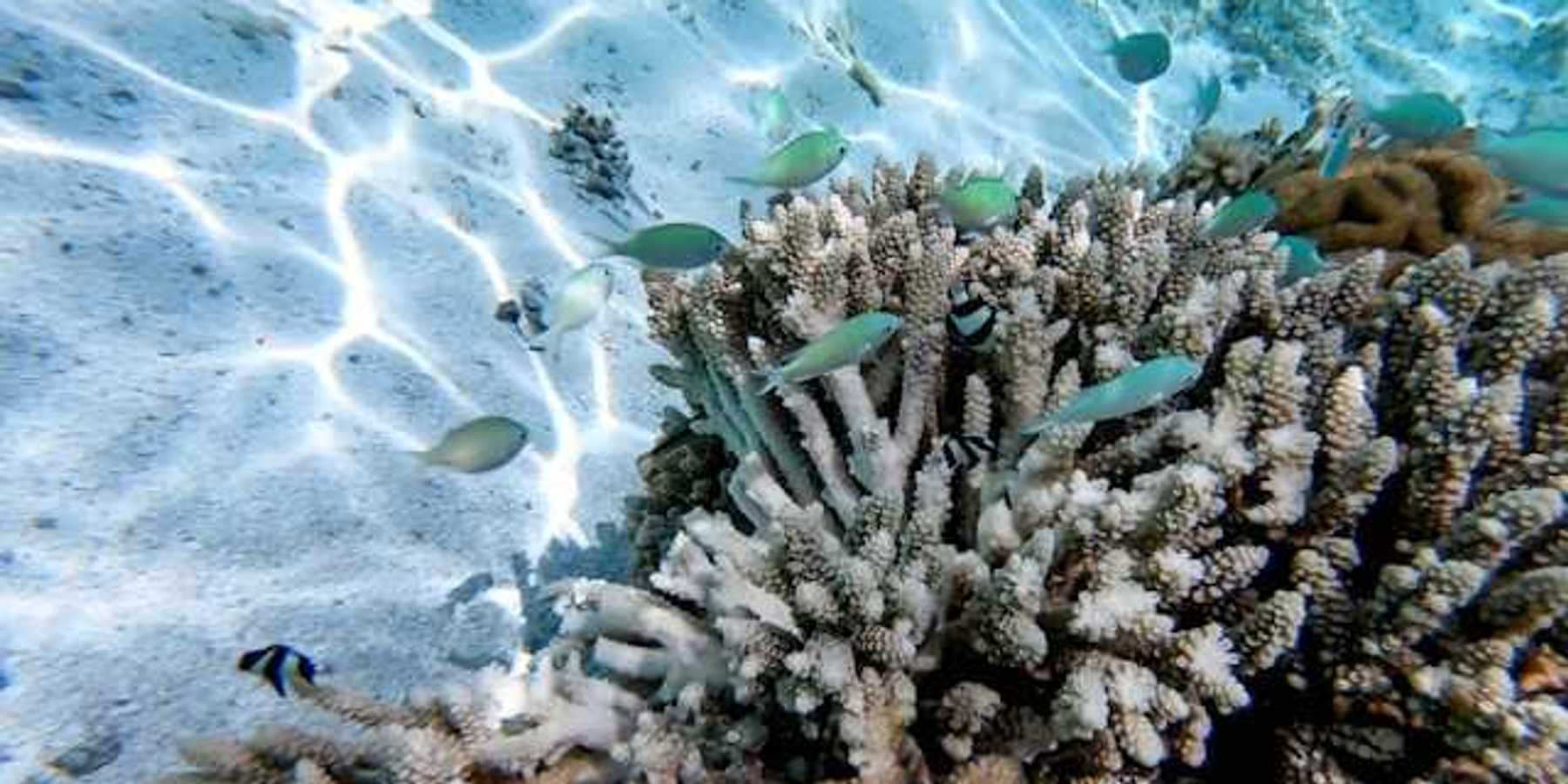NY communities clash over controversial biochar plant
In Moreau, New York, a proposed biochar facility promised to turn sewage sludge into climate-friendly carbon storage, but local residents, haunted by industrial pollution, pushed back hard.
Abby Rabinowitz and Amanda Simson report for Grist and the Times-Union.
In short:
- A proposed biochar plant in Moreau aimed to process 75,000 tons of sewage sludge annually, addressing waste disposal and carbon sequestration.
- Residents, citing concerns over toxic PFAS chemicals, air pollution and the area's history of industrial contamination, rallied against the project.
- Following fierce community activism and over 500 public comments, New York state denied the plant’s permits, citing untested technology and environmental risks.
Key quote:
“Residents were told, ‘This is a done deal.’ We responded, ‘This is not done until we say it’s done.’”
— Gina LeClair, founder of Not Moreau
Why this matters:
The biochar plan sounded noble on paper: process 75,000 tons of sludge a year and sequester carbon in the fight against climate change. But residents worried about the devil in the details, especially untested technology and the potential release of PFAS. As more than 500 public comments poured in, community activism ultimately turned the tide. Read more: “Organic” fertilizers have an inorganic problem.

